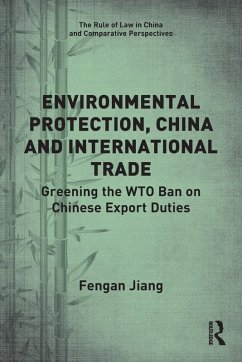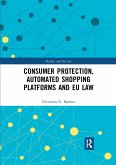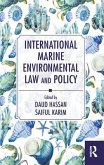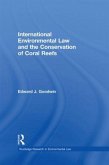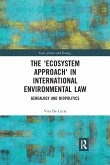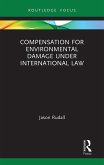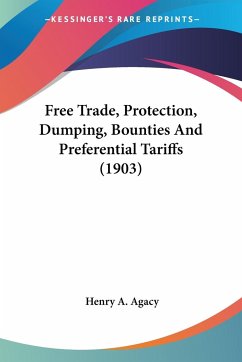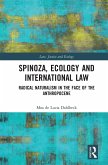This book argues for a balanced approach to 'greening' the World Trade Organization (WTO) ban on China's export duties without opening the floodgates to protectionism. As a result of the China-Raw Materials and China-Rare Earths decisions, China is largely prohibited from using export duties to address environmental problems, including those associated with climate change. This is despite a number of climate studies having suggested that Chinese export duties could be useful for reducing carbon leakage, an issue of international concern. This book puts the case for a more balanced approach. It shows that a harsh ban on China's export duties constrains its policy space to protect the environment, particularly in the context of climate change. The work presents feasibility tests for various legal solutions that have been discussed for adjusting the ban, and it accordingly proposes a more feasible approach that would allow China to help protect the environment without advancing protectionism. The proposed legal option provides a less protectionist alternative to export duties, namely 'export duties plus': export duties in combination with supplementary restrictions on Chinese consumption. This analysis also yields insights regarding ways to correct WTO precedents, which suggests a moderate alternative response to an important issue behind the Appellate Body crisis. The book will be a valuable resource for academics, researchers and policymakers in the areas of International Trade Law, Environmental Law and China.
Hinweis: Dieser Artikel kann nur an eine deutsche Lieferadresse ausgeliefert werden.
Hinweis: Dieser Artikel kann nur an eine deutsche Lieferadresse ausgeliefert werden.

